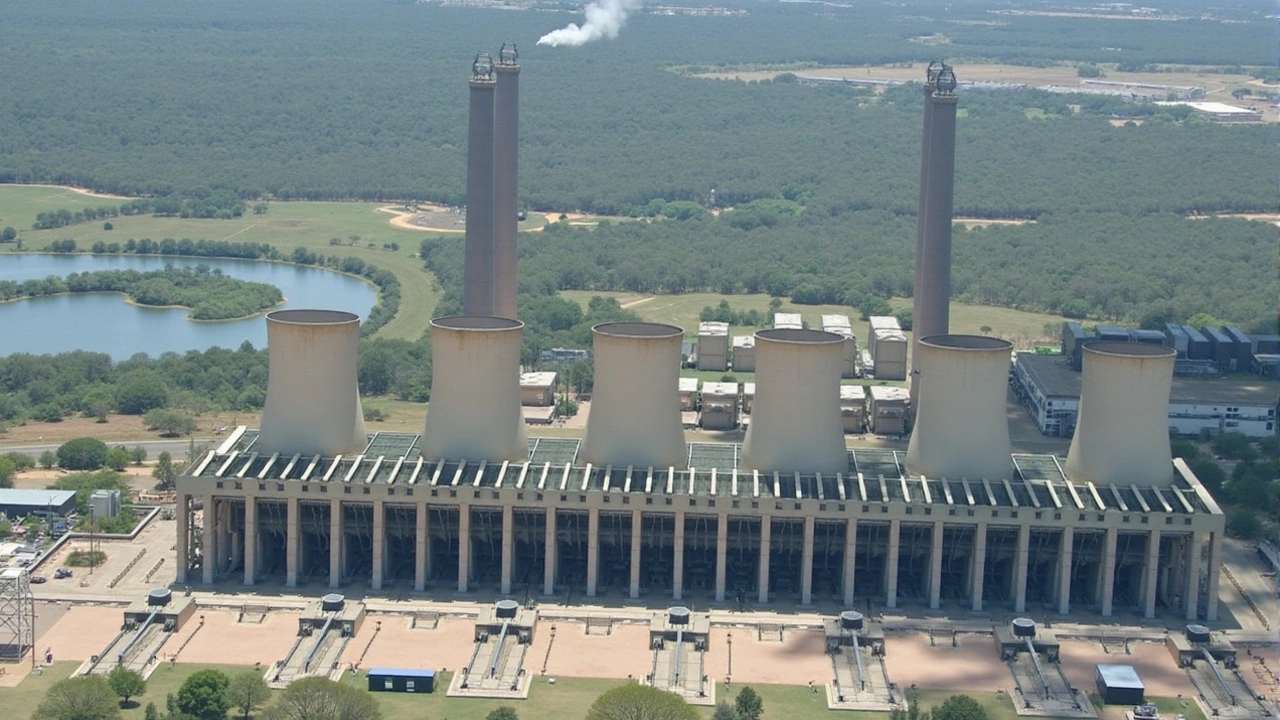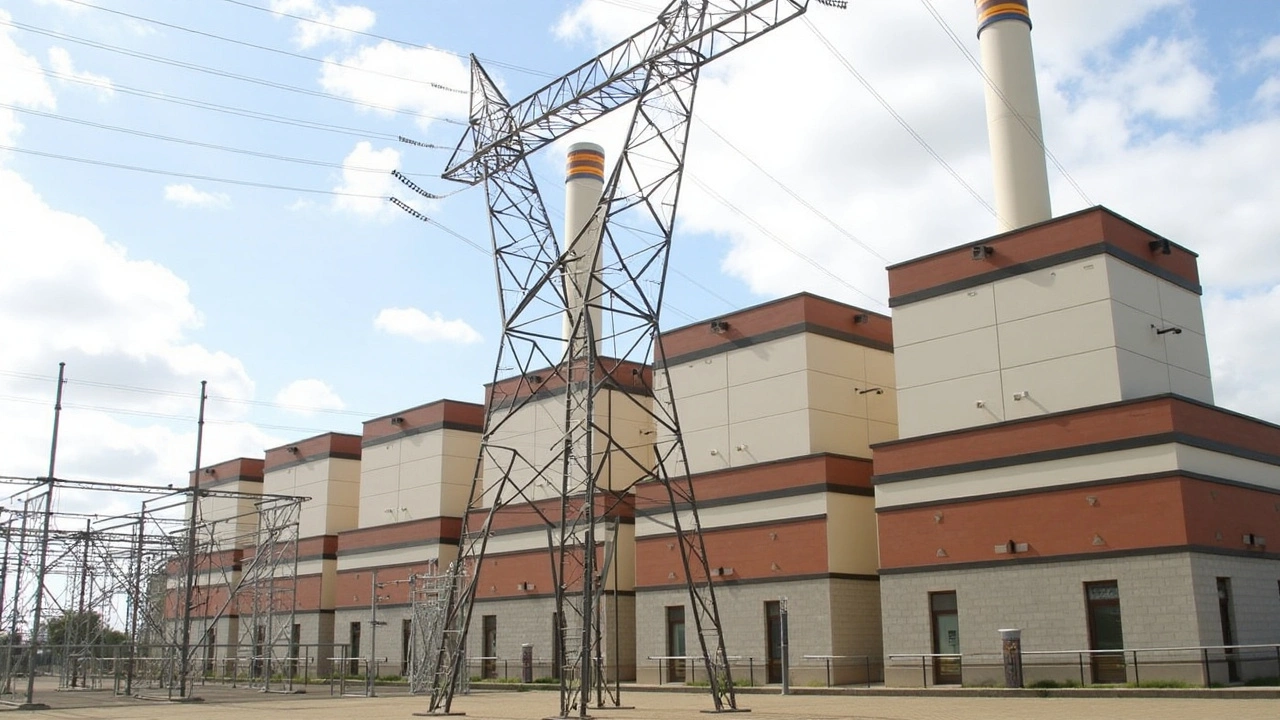The Persistent Power Crisis
The ongoing electricity crisis in South Africa is nothing short of an energy apocalypse, with Eskom, the primary power supplier, once again sounding the alarm over the potential for Stage 4 load shedding. This development has triggered a wave of critique from political quarters, most notably the Democratic Alliance (DA), as frustrations mount over seemingly never-ending power outages. At its core, this crisis is not only a tale of worn-out infrastructure groaning under the weight of modern demands but also a grisly narrative of long-standing mismanagement, rampant corruption, and woeful underinvestment in the energy sector.
Calls for Urgent Reform
The DA has urgently advocated for structural reforms, an appeal that becomes increasingly poignant as South Africa slips deeper into infrastructural turmoil. They argue that addressing the electricity crisis necessitates a thoughtful yet expedient approach, encompassing a comprehensive overhaul of Eskom and its operational framework. Introducing private sector incentives has been proposed as a game-changing move; however, it comes with its own set of complexities that need delicate handling. Here, the proposed inclusion of new generation capacities and the integration of robust maintenance plants play a crucial role in ensuring a stable power supply.
Impact of Load Shedding
Few challenges impact daily life as intimately and cripplingly as electricity shortages. The DA has painted a stark picture of load shedding's havoc: businesses come to a grinding halt, homes are plunged into pre-industrial darkness, economies teeter, and the communal fabric weakens under unprecedented strain. In workplaces, productivity nosedives as hours are wasted languidly waiting for the lights to flicker back to life. Pervasive blackouts embolden criminal activities, with dimly lit streets and impaired security systems providing fertile ground for lawless acts.
Strain on Public Facilities
The situation spirals further into disarray when load shedding hits hospitals and public health facilities, endangering lives already precariously balanced on a knife's edge. The DA draws attention to the critical nature of such interruptions, where delays can literally mean the difference between life and death. Facilities crucial for conducting surgeries, laboratory tests, and even cold storage of medicines find themselves handicapped by intermittent power supply, unraveling the healthcare system just when resilience is most needed.
Demands for Transparent Governance
The Democratic Alliance seeks resolute intervention from the government, imploring them to prioritize energy reforms with unwavering dedication. They advocate for transparent and accountable management within Eskom, symbolized by the demand for charismatic and competent leadership. Bold and forward-looking management can potentially steer Eskom away from the brink of catastrophe, but this transformation necessitates a steadfast governance structure where accountability is norm, not exception.
The Shadow Minister's Stance
DA's Shadow Minister of Public Enterprises, Ghaleb Cachalia, echoes the party's pressing concerns as he sets forth their vision for an energetically secure future. This vision encompasses not merely temporary fixes but fundamental shifts that guarantee reliable power access for all South Africans. His promises to steadfastly push for reform reflect the pervasive sentiment of urgency, of finally breaking free from the shackles of a power crisis that has besieged South Africa for years.
Private Sector Participation
While calls for private sector participation sound promising, they also beckon questions of execution, monitoring, and regulatory oversight. How might the government regulate a market distorted by decades of state monopolization? How will it ensure that the participation of the private sector remains accountable and in service of the long-term national interest? These are questions that require robust dialogue and cooperative strategizing across all stakeholders involved.

A Looming Crossroad for South Africa
For South Africa, the current energy crisis may well resemble a pivotal moment, a historical crossroad at which direction must be decisively taken. Within this challenging landscape lies an unprecedented opportunity to enact meaningful reform and sustainable planning, bolstered by a complex interplay of various energy sources, effective governance, and pervasive civic engagement. The future, though undefined, presents a chance for South Africa to rebuild its energy pedestal, fostering innovation while ensuring relentless dedication towards equitable energy access.
